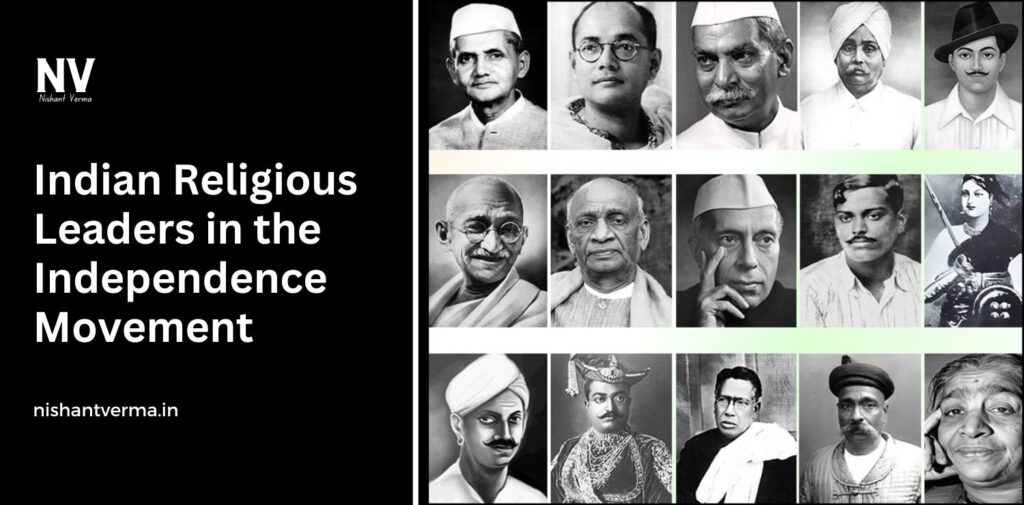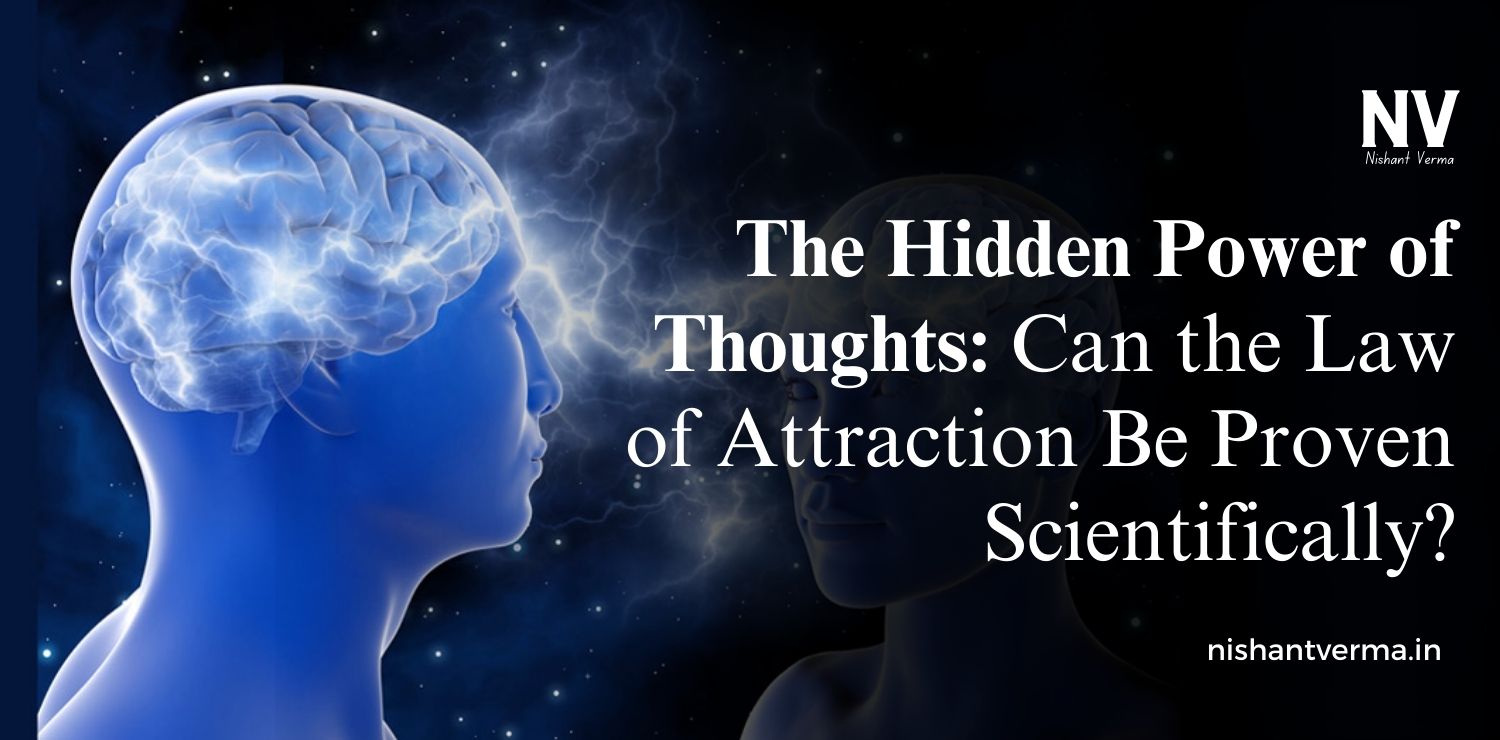India’s struggle for independence was a multi-faceted movement that involved people from all walks of life. While political leaders, revolutionaries, and social activists are often the primary figures remembered in the fight against British rule, Indian religious leaders also played an integral role in shaping the independence movement. They not only provided moral and spiritual guidance but also mobilized millions of people to join the struggle for freedom. Their influence, rooted in the rich religious and cultural traditions of India, helped unite the masses in the fight against colonial oppression.
This article explores the role of Indian religious leaders in the independence movement, focusing on how they used religion to inspire, unite, and strengthen the resolve of the Indian people in their quest for freedom.
The Power of Religion in the Indian Independence Movement
Religion has always been an important aspect of Indian society. With a diverse population practicing various religions such as Hinduism, Islam, Sikhism, Buddhism, and Christianity, India’s religious leaders held a unique position of influence. These leaders were not just spiritual guides, but also social reformers and political figures who could unite people across different regions, castes, and backgrounds.
During the British colonial period, religious leaders understood that the colonial rulers used divide-and-rule policies to maintain control over India. These leaders used religion as a means to unite the masses, encourage resistance, and instill a sense of national pride and identity. Many religious leaders spoke out against the injustices of British rule and urged their followers to join the independence movement.
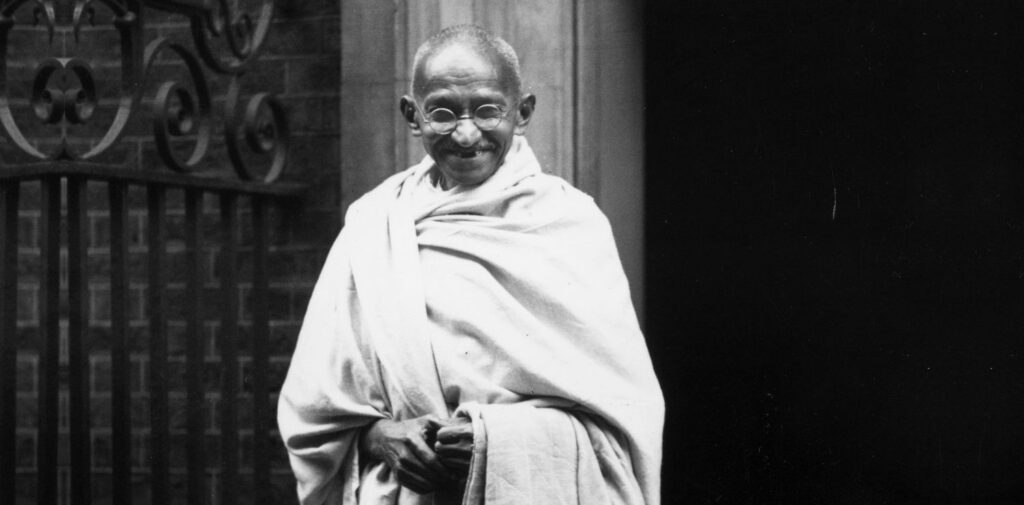
Prominent Religious Leaders and Their Contributions
1. Mahatma Gandhi
Although primarily known as a political leader, Mahatma Gandhi’s deep religious beliefs profoundly influenced his approach to the independence struggle. Gandhi was deeply rooted in Hindu philosophy, and he often drew upon religious teachings from various faiths, including Jainism, Christianity, and Islam. He believed in non-violence (ahimsa) and truth (satya), principles that were central to his philosophy and political methods.
Gandhi’s religious outlook made him a powerful force in the independence movement. His concept of Swaraj (self-rule) was not just political but also spiritual. He saw the independence movement as a moral struggle to free the Indian people from both foreign rule and internal corruption. His famous movements, such as the Salt March (1930), the Quit India Movement (1942), and his non-cooperation movement, were rooted in his belief in non-violence, truth, and social reform.
Gandhi also appealed to the religious sentiments of the people. He often used religious symbols, like the spinning wheel (charkha), to emphasize self-reliance and the need to reject British goods. By advocating for swadeshi (the use of locally made goods) and ahimsa (non-violence), he made the struggle for independence a deeply moral and spiritual cause. His influence extended across different communities, and he became a unifying figure for Hindus, Muslims, Sikhs, and others who shared the common goal of independence.
2. Swami Vivekananda
Swami Vivekananda was another religious leader who played a crucial role in inspiring the Indian masses during the independence movement. While he lived during the late 19th and early 20th centuries, his teachings and ideas continued to influence the nationalist struggle in the following decades.
Vivekananda’s famous speech at the Parliament of the World’s Religions in Chicago (1893) introduced the world to the idea of Hinduism as a universal religion that was deeply spiritual yet progressive. He emphasized the importance of self-reliance, education, and spiritual strength in achieving national regeneration. His message was simple: India needed to regain its strength by embracing its cultural and spiritual heritage.
Vivekananda encouraged the youth of India to be strong and fearless, advocating for a society based on justice, equality, and service to others. His teachings motivated many leaders of the freedom struggle, including Subhas Chandra Bose, who admired his philosophy of self-empowerment and national pride.
Although Vivekananda did not directly participate in political movements, his spiritual and philosophical ideas greatly influenced the way Indian leaders approached the struggle for independence.
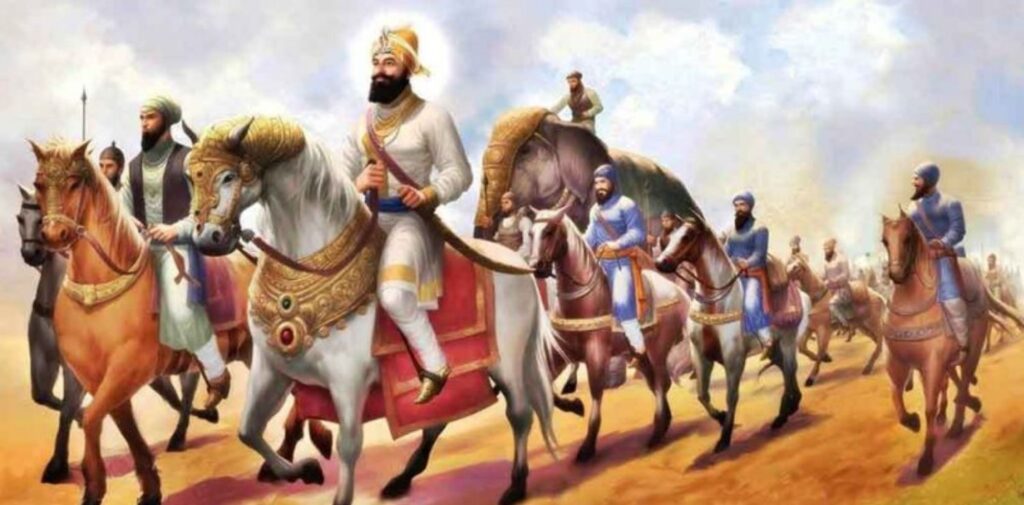
3. Guru Gobind Singh
Guru Gobind Singh, the tenth Sikh Guru, is one of the most revered religious leaders in India’s history. His teachings and actions not only shaped Sikhism but also had a profound impact on the broader Indian freedom movement. Guru Gobind Singh emphasized the importance of justice, equality, and the fight against oppression.
During the Mughal rule, Guru Gobind Singh led the Sikhs in numerous battles against the empire’s tyrannical policies. His contributions to the Sikh community were profound, and he inspired future generations of Sikhs to take up arms in the defense of their rights and freedoms. His creation of the Khalsa, a community of disciplined warriors, is particularly important in the context of India’s struggle for independence.
Although Guru Gobind Singh lived long before British colonial rule, his teachings became a source of inspiration for many during the freedom movement. Leaders like Shaheed Bhagat Singh and others who fought for independence drew strength from the warrior spirit embodied by the Guru. Sikh religious leaders during the British era continued to champion the cause of independence, and the community played a vital role in the struggle against British rule.
4. Maulana Abul Kalam Azad
Maulana Abul Kalam Azad was a prominent religious scholar and leader who played an influential role in the Indian National Congress and the independence movement. A devout Muslim, Maulana Azad was a strong advocate for Hindu-Muslim unity and worked towards bridging the divide between the two communities.
Azad’s deep faith in Islam inspired his leadership in the struggle for independence. He believed that India’s independence should be achieved through unity, and he advocated for cooperation among all religious groups. His efforts were instrumental in garnering support for the Congress Party among the Muslim community, and he played a critical role in resisting the partition of India.
Azad also emphasized education and self-reliance, and his efforts helped lay the foundation for India’s future educational reforms. As the first Minister of Education in independent India, he worked towards establishing institutions of higher learning, such as the Indian Institute of Technology (IIT), which helped shape India’s educational landscape.
5. Brahmo Samaj and Ram Mohan Roy
Ram Mohan Roy, the founder of the Brahmo Samaj, was a key figure in India’s early social and religious reform movements. Though he did not directly participate in the independence struggle, his ideas laid the foundation for future generations of Indian reformers and nationalists.
Roy’s advocacy for social justice, gender equality, and the abolition of practices like Sati (the burning of widows) inspired the nationalist leaders who came after him. His emphasis on rational thinking, religious tolerance, and social reform appealed to a broad segment of Indian society and helped ignite a collective national consciousness that later translated into the independence movement.
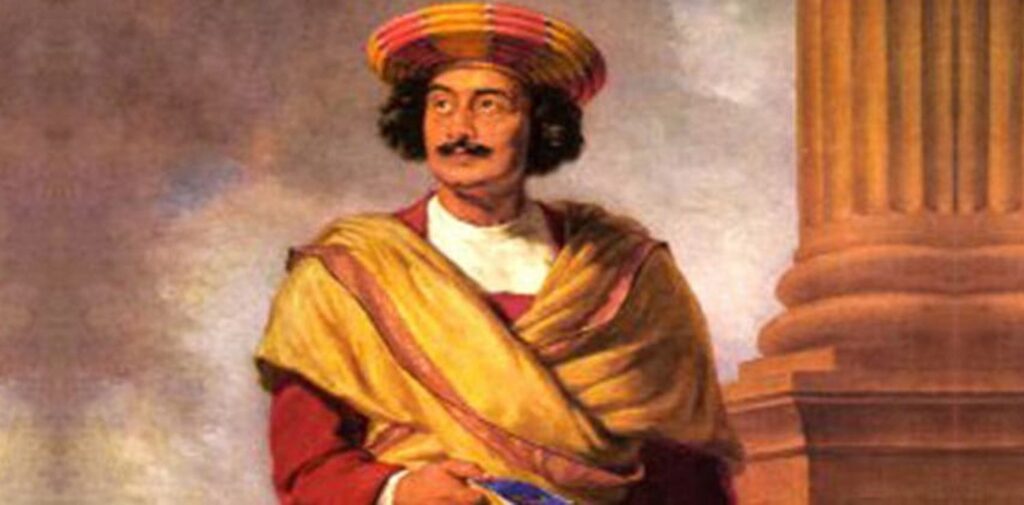
The Unifying Power of Religion
One of the most important contributions of religious leaders during the independence struggle was their ability to unite people across religious lines. The British often used religious divisions to keep India under control, but leaders like Gandhi, Azad, Vivekananda, and others emphasized that the fight for independence was not just political but also a spiritual one.
Their message was simple: The struggle for freedom transcended religion. It was a fight for justice, equality, and the dignity of every Indian, regardless of their faith. By invoking religious symbols and ideas that resonated with people from all backgrounds, these leaders helped to create a united front against colonial rule.
Conclusion: Indian Religious Leaders
Religious leaders played a significant role in India’s fight for independence. They not only guided the people spiritually but also provided the moral and ethical framework for the nationalist movement. Leaders like Gandhi, Vivekananda, Azad, and others inspired millions to rise against British oppression, using religion as a unifying force.
Their contributions went beyond their religious teachings; they helped to foster a sense of national identity, unity, and pride that transcended religious and social divides. The role of these religious leaders in India’s independence movement highlights the deep connection between faith, culture, and the quest for freedom. Their legacy continues to inspire people in India and across the world to fight for justice, equality, and the common good.

